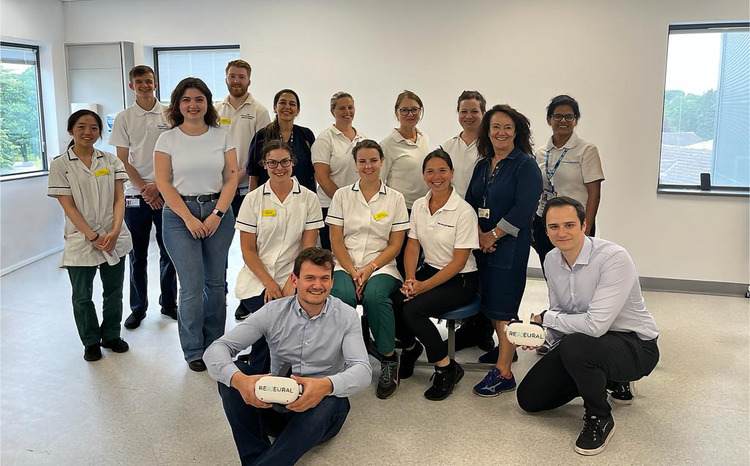Chancellor pledges more than £2bn for NHS tech and digital
- 30 October 2024

Chancellor Rachel Reeves has pledged to invest more than £2bn in NHS technology and digital in the Autumn Budget.
The Department of Health and Social Care (DHSC) will also receive an additional £22.6bn for day-to-day spending over two years.
A policy paper, published by the Treasury on 30 October 2024, committed to a £3.1bn increase in capital investment in 2025/2026, including more than £2bn in NHS technology and digital “to run essential services and drive NHS productivity improvements, to free up staff time, ensure all trusts have electronic patient records, improve cyber security and enhance patient access through the NHS App”.
It adds that in implementing the settlement in 2025, the DHSC – including the NHS – will deliver 2% productivity.
The capital funding includes £1.5bn for new surgical hubs, diagnostic scanners and new beds across the NHS estate, announced on 29 October.
Reeves also pledged up to £520 million for a new Life Sciences Innovative Manufacturing Fund.
Amanda Pritchard, chief executive of the NHS, said: “In such a tough financial climate, we welcome the chancellor’s decision to prioritise the NHS with record levels of capital investment, which will help us repair and modernise hospitals, GP practices and other facilities, as well as continuing to roll out technology and other reforms which will boost productivity for the benefit of patients and the taxpayer in the long term.”
In the Spring Budget announced in March 2024 the then chancellor Jeremy Hunt announced £3.4 billion of new investment in NHS digitisation to be delivered over three years.
Tim Horton, assistant director (Insight & Analysis) at the Health Foundation, told Digital Health News that it was difficult to know whether the figures compete because the Spring Budget talked about money being released later on.
He said: “The plans to invest in new equipment and digital tech are welcome, but procuring technology is only half the story.
“If new tech is going to translate into higher productivity and free up time, staff have got to be supported to implement and use it well.
“NHS staff tell us that they face a range of barriers to doing this, including lack of IT support, lack of time to training and poor connectivity.
“To get the productivity gains they’re hoping for, the government is going to need to fund the change, not just the tech, by which I mean providing assistance with things like training, IT expertise and evaluation.
“Absolutely ensuring all trusts have EPRs is a critical first step, but then we’ve been the benefits from them is going to require further work to help organisations use them so they can do all the good things like improve coordination between teams and integrate tools to support clinical decision making.
“There’s a difference between having them and then getting the benefits from using them well.”
Siva Anandaciva, chief analyst at The King’s Fund, said that the health spending announced is “unlikely to be enough for patients to see a real improvement in the care they receive”.
“The 3.8% real-terms uplift over two years to the DHSC budget will help sustain services but is unlikely to drastically improve care over the rest of this year, and certainly not overnight.
“That’s because the £22bn for two years allocated for day-to-day spending will also need to cover existing commitments for new staff pay deals and rising costs of delivering care.
“The increases to capital investment in NHS buildings and equipment announced today will go some way towards reducing the waiting list in coming years, by increasing the number of hospital beds and surgical hubs in the NHS.
“However, the existing backlog of NHS maintenance issues with buildings and equipment is a staggering £13.8 billion and the extra funding announced today will only be a modest down payment on what is needed to tackle unsafe and outdated NHS facilities,” he said.




